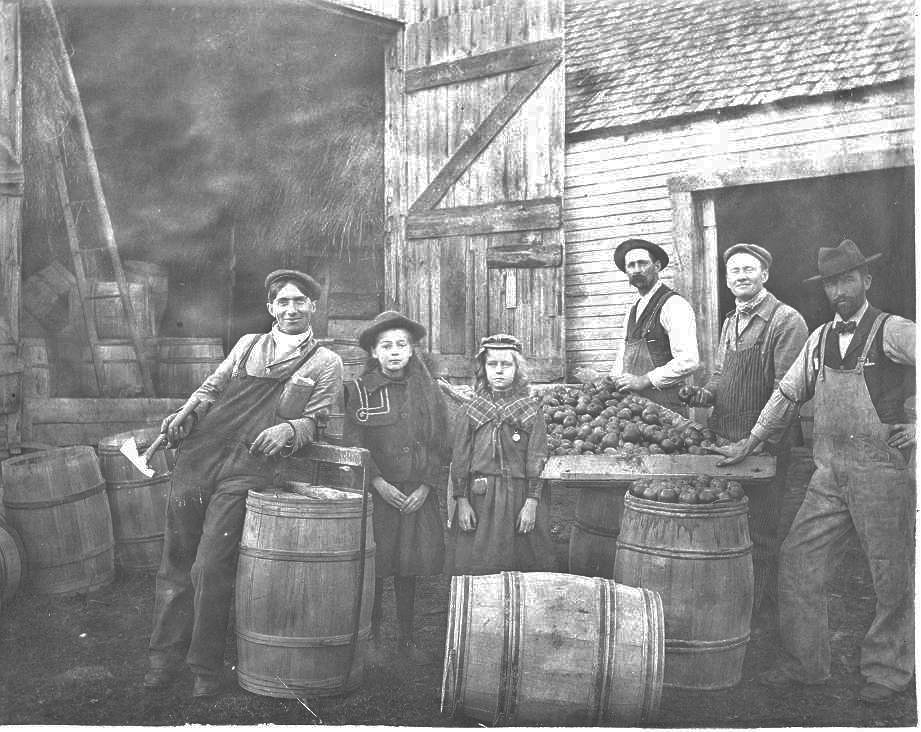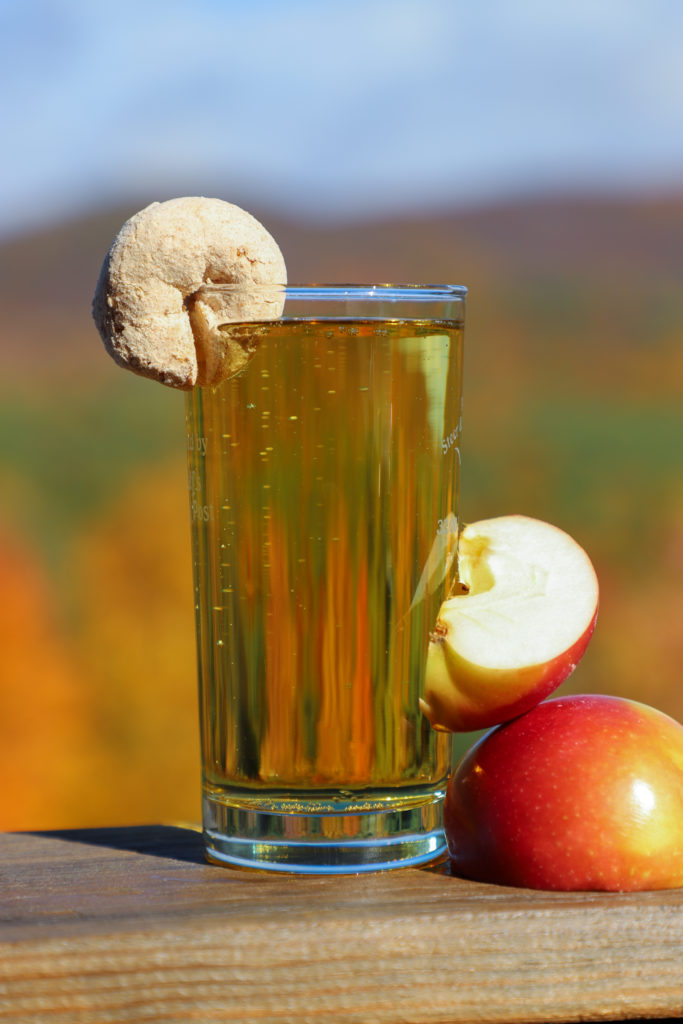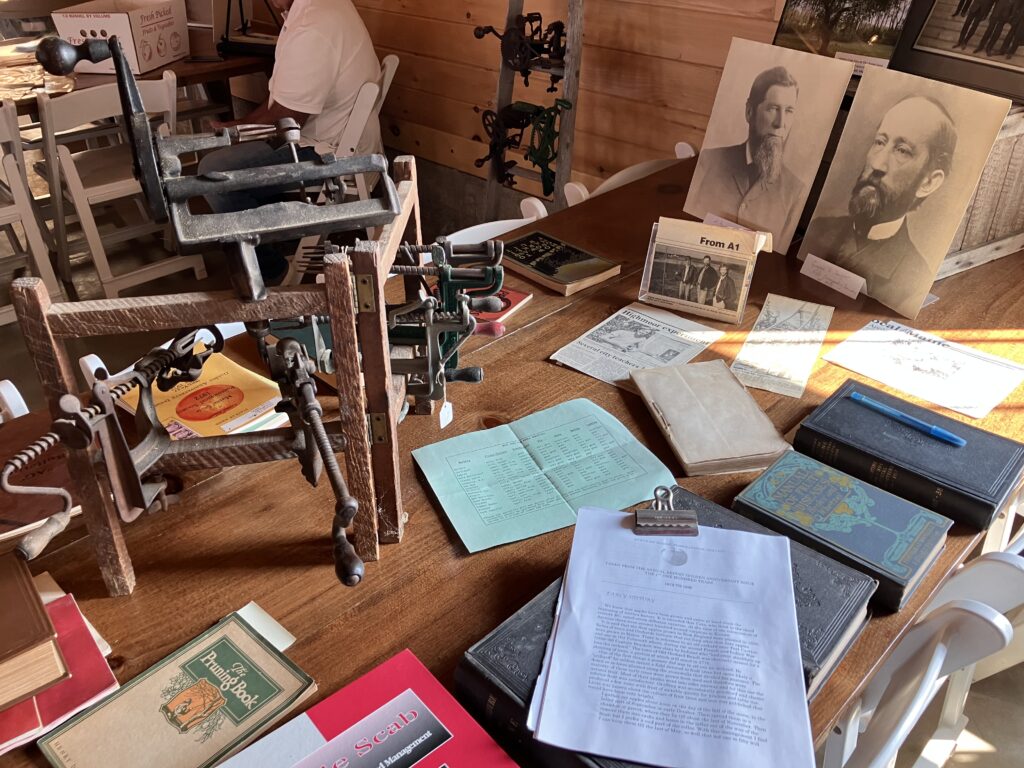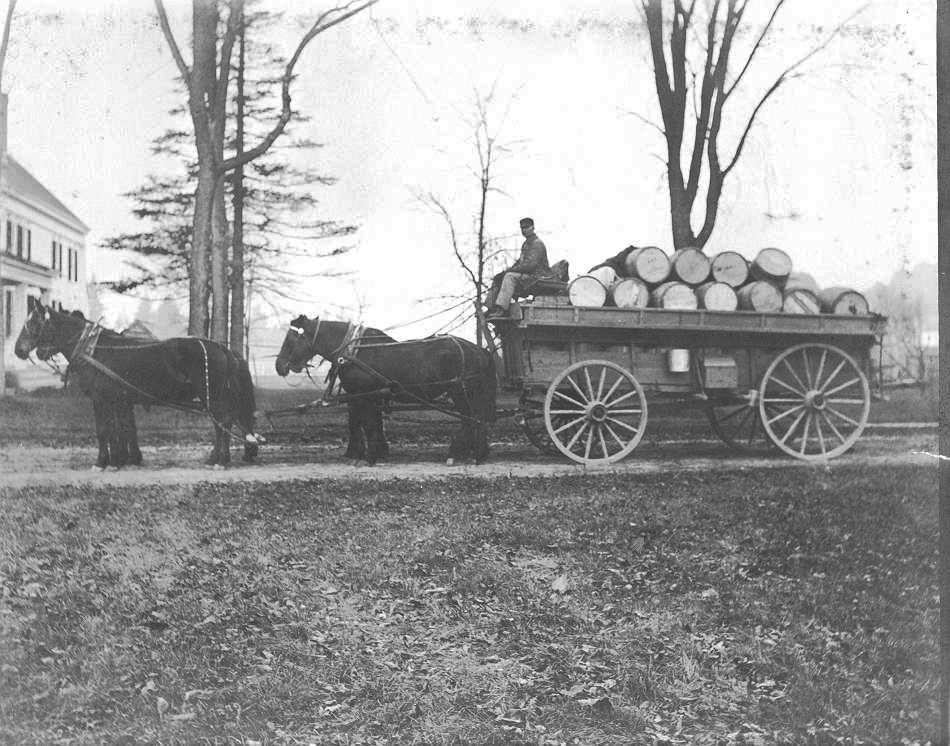Fruit Traces History in Maine Back to Early Settlers; Pomological Society Turns 150

One of the common threads that ties together Maine’s history can be found in your local orchard. Apples have been grown for more than 400 years in our state, with trees first planted by explorers and settlers.
The Maine Pomological Society, made up of apple growers from throughout the state, has been in existence for 150 of those years and is celebrating that milestone as apple season is upon us.
“Maine has some of the oldest apple history in America,” said Todd Little-Siebold, a history professor at College of the Atlantic.
Little-Siebold said early apple varieties in the state had names such as pumpkin sweet, long John, and rusty coat. Some of the earliest orchards in Maine were found in locales such as Castine, Norridgewock, and Falmouth. Old Orchard Beach takes its name from a planting of trees that existed there.

From the 1770s to the 1830s, the primary product of Maine orchards was cider. The Temperance Movement, which encouraged practicing abstinence from alcohol and local, state, and national governments to prohibit alcohol outright, influenced cider consumption. Little-Siebold said Prohibition and the decline of cider markets forced apple growers to look for other sources of revenue, which led to an explosion of diversity among apple varieties and growth in the number of orchards in Maine.
In 1873, the Maine Pomological Society was incorporated and had its first meeting. Ziba A. Gilbert, the society’s first president, made the argument that fruit farmers in Maine should together, as a group, grow their footprint and business. “What? Abandon these rocky highlands when ships lie at our wharfs ready to transport the fruits of our orchards, which no other section can produce in such perfection?” said Gilbert.


The years 1880 to 1920 saw a boom in exports of apples from Maine, especially to England and the United Kingdom, to where millions of apples from our state were transported. At a meeting of the Maine Pomological Society in 1902, a member cautioned other members against the practice of “deaconing,” or filling barrels for transport with their best apples on top but including less-desirable apples underneath. Flour barrels were commonly used in Maine for apples, and the member also advised at that meeting that growers wash and dry flour barrels before filling them, because some in England thought the flour was poison on the surface of the fruit.
Factors such as foreign markets drying up, a decline in agriculture in the region, the Great Depression, and some severe winters, especially that of 1933-1934, influenced the Maine apple industry in the early part of the 20th century. Fewer apple trees and varieties of apples were a result. But the apple industry in Maine has evolved, survived, and thrived.
According to the Maine Pomological Society, more than 80 farms on 2,000 acres produce about one million bushels of apples each year in the state.
An uptick in the diversity of apples grown and a focus on heirloom apples has been seen in recent years. The Pomological Society says there are well over 100 varieties of apples currently grown in Maine.
Apple trees that are hundreds of years old remain standing in Maine. They are still being discovered on properties and in the middle of forests throughout the state.
Apple trees that are hundreds of years old remain standing in Maine. They are still being discovered on properties and in the middle of forests throughout the state. Little-Siebold said those trees provide a living history lesson.
“Our state has some of the best-preserved and most diverse heirloom apple trees in America,” said Little-Siebold.
Real Maine is the state’s official agriculture and agritourism promotions program. From apples to cider to apple cider donuts, plan your Real Maine agricultural experience. Visit www.realmaine.com to connect to farms, food, and agriculture throughout Maine.
